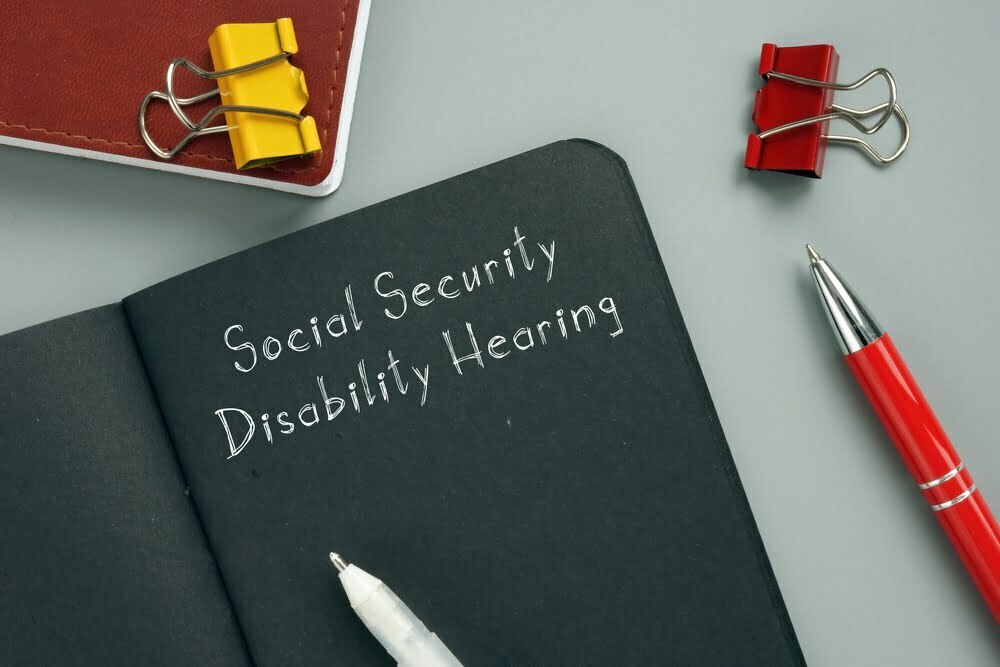
A common question I receive from my clients who are at retirement age is whether they may receive Social Security Disability Insurance and Social Security retirement at the same time. The answer is “no.”
You may only receive one or the other at any given time. If you are receiving Social Security disability benefits (SSDI), once you reach full retirement age, your disability benefits will be “converted” from a
disability benefit to a retirement benefit. (NOTE: Full retirement age is not the same for everyone. It varies depending on the year in which you were born. You may find more information and calculate your full retirement age by using Social Security’s Retirement Age Calculator. )
When this happens …
1) In all cases, your monthly benefit payment will now come from the Social Security retirement program rather than from Social Security Disability.
2) The good news is you will receive the greater amount due to you from the two programs.
As an example – If you are receiving $1200 / month in SSDI when you reach your full retirement age and the amount of retirement you are entitled to is $1500 / month, you will begin receiving $1500 per month in place of the $1200 SSDI payment. This payment will come from Social Security’s Retirement program.
And – – If you are receiving $1200 / month in SSDI when you reach your full retirement age and the amount of retirement you are entitled to is only $900 / month, you will continue receiving $1200 per month. However, this payment will now come from Social Security’s Retirement program rather than from the Social Security Disability program.
If you are disabled and close to retirement age, it may be financially worthwhile to apply for disability before you retire.





